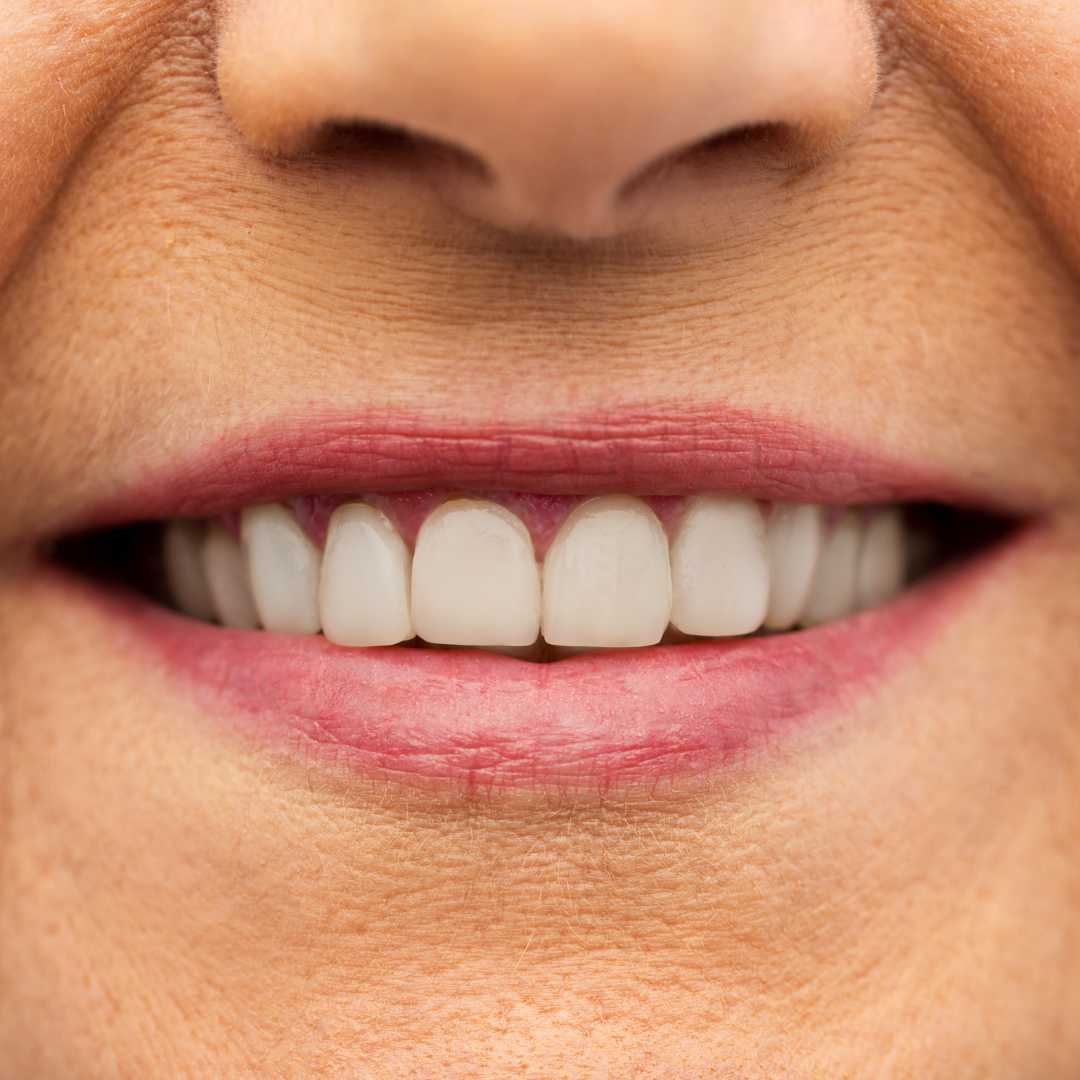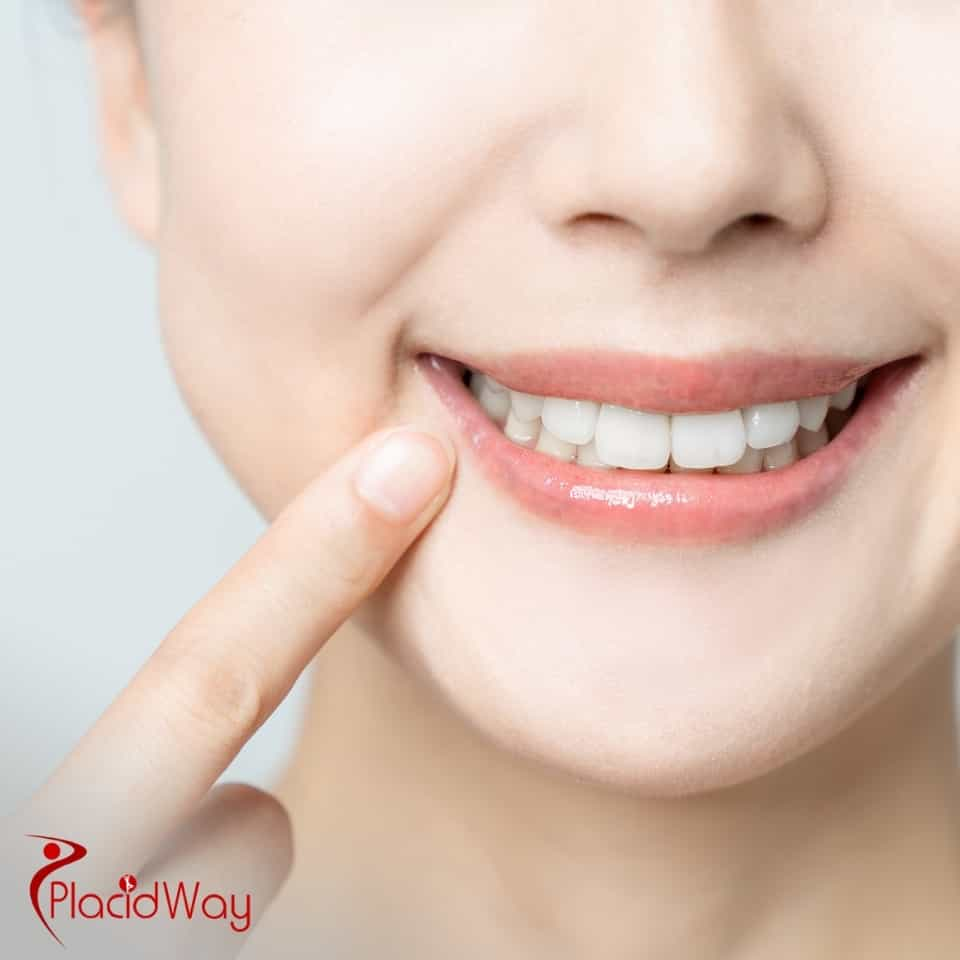Getting Veneers in Thailand Everything You Should Know

Thinking about getting veneers in Thailand? You’re not alone. With lower costs and high-quality dental care, Thailand has become a top destination for dental tourism. Many people are drawn by the chance to achieve a stunning smile while enjoying a vacation-like setting.
But before you book your flight, there are important things to know. Understanding the process, costs, and aftercare will help you avoid pitfalls and ensure lasting results. This guide will walk you through what to expect so you can make an informed decision and return home with a confident, healthy smile.
What are dental veneers?
Think of veneers as a permanent accessory for your teeth. They are crafted from either porcelain or a composite resin material. Porcelain veneers are known for their durability and stain-resistant qualities, closely mimicking the light-reflecting properties of natural teeth. Composite resin veneers are a more affordable option and can typically be applied in a single visit. They are sculpted directly onto your teeth by the dentist.
Veneers are a fantastic solution for a variety of cosmetic dental issues, including:
- Teeth that are discolored, either from root canal treatment, stains from medications, excessive fluoride, or other causes.
- Worn-down teeth.
- Chipped or broken teeth.
- Misaligned, uneven, or irregularly shaped teeth.
- Gaps between teeth.
How much do veneers in Thailand cost?
The price of veneers in Thailand can vary depending on several factors, including the type of material used, the experience of the dentist, and the location of the clinic. While the cost savings are a major draw, it's essential to not let price be your only guiding factor. A very low price could be a red flag for subpar materials or an inexperienced practitioner.
Here's a general breakdown of what you can expect to pay:
| Veneer Type | Average Cost per Tooth in Thailand | Average Cost per Tooth in the US/Australia |
|---|---|---|
| Porcelain Veneers | $250 - $500 | $925 - $2,500 |
| Composite Veneers | $100 - $250 | $650 - $1,500 |
What is the procedure for getting veneers in Thailand?
Understanding the step-by-step process can help you feel more prepared and at ease. Here's a typical timeline for getting veneers in Thailand:
- First Visit: Consultation and Examination. During this initial appointment, you'll discuss your desired outcome with the dentist. They will examine your teeth to ensure veneers are a suitable option for you and may take X-rays and impressions of your mouth.
- Second Visit: Preparation and Temporary Veneers. To prepare a tooth for a veneer, the dentist will remove about a half-millimeter of enamel from the tooth surface, which is an amount nearly equal to the thickness of the veneer to be added. An impression of your prepared teeth will be taken and sent to a dental laboratory to create your custom veneers. You'll be fitted with temporary veneers to wear in the meantime.
- Third Visit: Bonding. Before the permanent veneer is cemented to your tooth, the dentist will temporarily place it to examine its fit and color. After any necessary adjustments, your tooth will be cleaned, polished, and etched to allow for a strong bonding process. A special cement is applied to the veneer, which is then placed on your tooth. Once properly positioned, the dentist will apply a special light beam to the veneer, which activates chemicals in the cement, causing it to harden very quickly.
How do I choose a reputable dentist or clinic in Thailand?
With so many dental clinics in Thailand, it's crucial to do your homework to find a qualified and experienced professional. Here are some key factors to consider:
- Accreditation: Look for clinics that have international accreditations, such as from the Joint Commission International (JCI). This indicates that the clinic meets high standards of patient care and safety.
- Dentist's Credentials: Verify the dentist's qualifications and experience, particularly in cosmetic dentistry. Many reputable dentists in Thailand have been trained in Western countries.
- Patient Reviews and Testimonials: Read reviews from previous international patients to get a sense of their experiences.
- Before-and-After Photos: A reputable cosmetic dentist will have a portfolio of their work. Ask to see photos of veneer cases similar to yours.
- Communication: Ensure the clinic has English-speaking staff to avoid any language barriers. Clear communication is essential for getting the results you want.
What are the pros and cons of getting veneers in Thailand?
Weighing the pros and cons is a crucial step in your decision-making process. Here's a balanced look at what to expect:
Pros:
- Cost-Effective: The most significant advantage is the lower price.
- High-Quality Care: Many Thai dental clinics are equipped with state-of-the-art technology and staffed by highly trained professionals.
- Combine Treatment with a Vacation: Recover and relax in a beautiful country.
- Shorter Wait Times: It's often easier to get an appointment for cosmetic procedures in Thailand compared to many Western countries.
Cons:
- Travel and Accommodation Costs: While the treatment is cheaper, you need to factor in the cost of flights and accommodation.
- Lack of Follow-Up Care: If you experience any issues with your veneers once you return home, it can be difficult and expensive to get them addressed.
- Potential for Complications: As with any medical procedure, there are risks involved. Being far from home can make dealing with complications more stressful.
- Research is Essential: Finding a reputable clinic requires thorough research and due diligence.
Porcelain vs. Composite Veneers: Which is right for me?
The choice between porcelain and composite veneers depends on your budget, cosmetic goals, and the condition of your teeth. Here's a comparison to help you decide:
| Feature | Porcelain Veneers | Composite Veneers |
|---|---|---|
| Durability | 10-15 years or more | 5-7 years |
| Appearance | Very natural, translucent | Can look natural, but may not be as realistic as porcelain |
| Stain Resistance | Highly stain-resistant | Prone to staining over time |
| Procedure | Two or more visits | Typically one visit |
| Cost | More expensive | More affordable |
How long do veneers from Thailand last?
The longevity of your veneers in Thailand depends on several factors, including the quality of the materials used, the skill of the dentist, and your own oral hygiene habits. To maximize the lifespan of your veneers, it's important to:
- Maintain good oral hygiene, including regular brushing and flossing.
- Avoid biting down on hard objects like ice or using your teeth to open packages.
- Wear a mouthguard if you play sports or grind your teeth at night.
- Visit a dentist for regular check-ups and cleanings.
What are the risks and potential complications of getting veneers?
While veneers are generally a safe and effective cosmetic procedure, it's important to be aware of the potential risks:
- Tooth Sensitivity: Some people experience temporary sensitivity to hot and cold after getting veneers.
- Gum Issues: There's a small risk of gum inflammation if the veneers are not fitted properly.
- Damage to Veneers: Veneers can chip or break under pressure.
- Color Mismatch: It can be challenging to perfectly match the color of the veneers to your natural teeth.
- Irreversible Procedure: A small amount of enamel is removed to place the veneers, making the process irreversible.
Choosing a highly skilled and experienced dentist can significantly minimize these risks.
What kind of aftercare is required for veneers?
Maintaining your new smile is straightforward and doesn't require any special routines. Here are some key aftercare tips:
- Practice good oral hygiene: Brush at least twice a day and floss daily.
- Use the right products: Opt for a non-abrasive toothpaste and a soft-bristled toothbrush.
- Be mindful of what you eat: While porcelain veneers are stain-resistant, it's still a good idea to limit your intake of coffee, tea, and red wine.
- Protect your veneers: Avoid chewing on hard objects and wear a mouthguard if necessary.
- Regular dental visits: Continue to see your local dentist for regular check-ups and cleanings.
What questions should I ask my dentist in Thailand before getting veneers?
Asking the right questions can help you feel more confident in your decision and ensure there are no surprises along the way. Here's a list of important questions to ask during your consultation:
- What are your qualifications and how many veneer procedures have you performed?
- Can I see a portfolio of your work?
- What brand and type of veneers do you recommend for me and why?
- What is the total cost of the treatment, and are there any additional fees I should be aware of?
- What is the estimated timeline for the entire process?
- What happens if I'm not happy with the results?
- Do you offer a warranty or guarantee on your work, and what does it cover?
- What are the potential risks and complications, and how do you handle them?
Ready to explore your options for a brighter, more confident smile? PlacidWay can connect you with reputable and experienced dental professionals in Thailand and around the world. Discover a world of affordable, high-quality dental care and take the first step towards the smile you've always wanted.




.png)
.png)




.png)
.png)
.png)






Share this listing